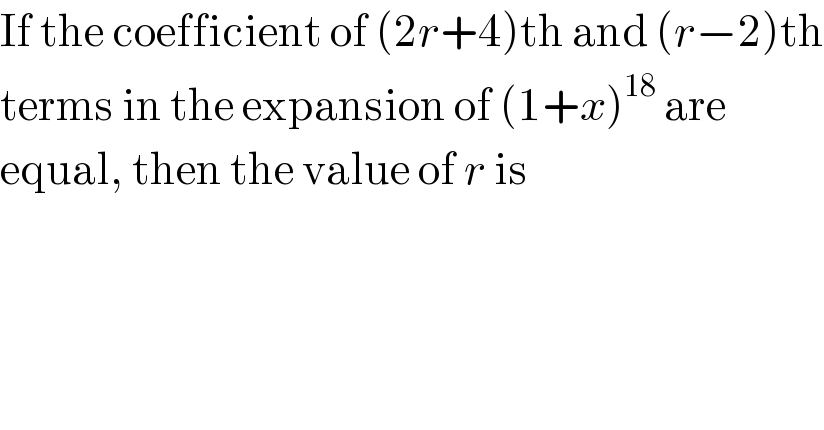
Question and Answers Forum
Question Number 63940 by gunawan last updated on 11/Jul/19

Answered by mr W last updated on 11/Jul/19

| ||
Question and Answers Forum | ||
Question Number 63940 by gunawan last updated on 11/Jul/19 | ||
 | ||
Answered by mr W last updated on 11/Jul/19 | ||
 | ||
| ||